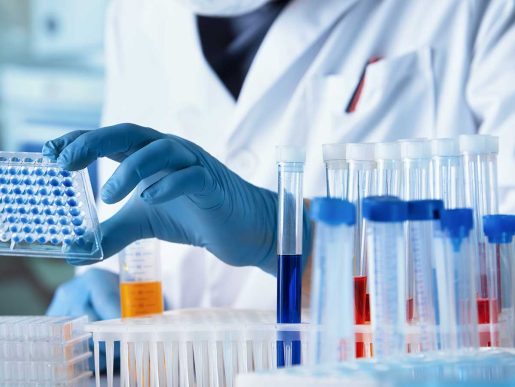
Effective Strategies To Maintain The Quality Of Medical Laboratory Equipment
How can laboratories ensure that their equipment remains in optimal working condition? Regular maintenance and proper handling of medical laboratory equipment are essential for accurate test results and efficient operations.
Implementing effective strategies reduces downtime, extends the lifespan of laboratory equipment Dubai, and ensures compliance with safety and quality standards.
Conduct routine inspections:
Frequent inspections help detect issues before they affect equipment performance. Checking for wear and tear, loose connections, and calibration errors allows for timely repairs. A checklist for daily, weekly, and monthly inspections ensures consistency in maintenance practices.
Follow manufacturer guidelines:
Each piece of equipment comes with specific instructions for operation and maintenance. Adhering to the manufacturer’s recommendations for cleaning, calibration, and servicing prevents malfunctions. Laboratories should keep manuals easily accessible and ensure staff is familiar with the correct procedures.
Schedule regular calibration:
Accurate test results depend on well-calibrated equipment. Routine calibration ensures that devices such as spectrophotometers, centrifuges, and analysers provide precise measurements. Professional calibration services or in-house procedures should be conducted at recommended intervals to maintain reliability.
Train staff on proper handling:
Improper use of laboratory equipment increases the risk of damage and inaccurate results. Training sessions should cover correct operating procedures, troubleshooting techniques, and maintenance protocols. Well-trained staff contributes to better equipment longevity and performance.
Use high-quality consumables:
Poor-quality reagents, pipette tips, and sample containers can compromise equipment function. Using manufacturer-approved consumables reduces the risk of contamination, blockages, or wears on sensitive components. Proper storage and handling of consumables also help maintain equipment efficiency.
Dust, residue, and spills can affect equipment performance. Regular cleaning using appropriate disinfectants and materials prevents contamination and mechanical issues. Special attention should be given to frequently used devices such as microscopes, incubators, and centrifuges.
Keep detailed maintenance records:
Documenting maintenance activities, including inspections, repairs, and calibration, provides a clear history of equipment performance. This record helps identify recurring issues, plan preventive maintenance, and ensure compliance with regulatory standards. A well-maintained log improves accountability and efficiency.
Waiting until equipment fails can disrupt laboratory operations. A preventive maintenance plan includes scheduled servicing, replacement of worn-out parts, and software updates. Partnering with qualified technicians ensures thorough servicing and reduces unexpected breakdowns.